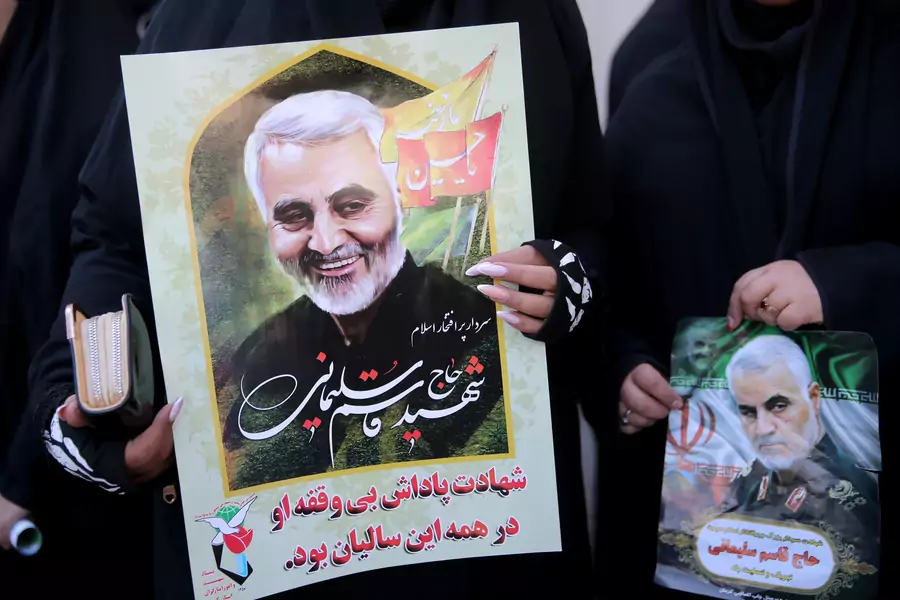Death of Iranian General Soleimani Provokes Muted Reaction in Africa’s Giants

Nigeria and South Africa are the giants of Africa, with the two largest economies on the continent. Both have had long-term relationships with Iran, though South Africa’s has been the closer. Thus far, the official reaction to Soleimani’s death from Nigeria and South Africa has been muted or non-existent, reflecting caution. Though the Nigerian inspector general of police has put his forces on “red alert,” likely fearing action by the Islamic Movement of Nigeria (IMN) or other alleged Iranian proxies, there has been no apparent word from the government. In South Africa, the fiercest reaction came from the African National Congress (ANC), while Naledi Pandor, the South African foreign minister, called for calm.
The South African relationship with Iran is robust and growing. Under apartheid, there was a largely clandestine trade between the two countries. After apartheid ended, Iran was one of the first countries openly to resume trade with South Africa, and the two countries have since signed a number of trade and defense agreements, and South Africa is an ally of Iran in multilateral fora.
More on:
The Iranian relationship with Nigeria is more complicated. Iran has a large diplomatic presence in Nigeria, but also funds a number of schools and cultural institutions. (So, too, does Saudi Arabia.) The most well-known is the Islamic Movement of Nigeria (IMN), which has long received financial support from Iran. It is led by Ibrahim el-Zakzaky, a Shia cleric who received some education in Iran shortly after the Islamic Revolution. The Muslim Nigerian political class is Sunni, and is viscerally hostile to the Shia and to the IMN. Indeed, the Nigerian security services have attacked Shia religious processions and protests, and Zakzaky has been in government custody with his wife since 2015.
It is no surprise that both the IMN and ANC roundly condemn the U.S. killing of Soleimani. Elites in most African states tend to dislike unilateral action by great powers and, in general, favor multilateralism. They are quick to speak out against the violation of the sovereignty of weak states by great powers. Media often portray the Iranian conflict with the United States as one of David vs. Goliath. In the case of the IMN, its statement reflected Iranian sentiments about U.S. provocation, imperialism, and genocide, and expressed sympathy for the Iranian regime.
But there are important nuances. Some media reports, relying on Western security sources, allege that in the aftermath of the Trump administration's withdrawal from the Iran nuclear deal, Soleimani had ordered the establishment of a network of West Africa terror cells in Sudan, Chad, Ghana, Niger, Gambia, and the Central African Republic. Except for Ghana, all are weak states. If true, Iranian terrorist cells would be anathema to African governments, most of which face homegrown security threats and know that they are too weak to do much about them.
The bottom line is that if there are attacks on American interests in West Africa as a result of the Soleimani killing—and that is a big “if”—they are likely to come from Iranian elements, not from indigenous African groups. It is noteworthy that, thus far, there have been no mass anti-American demonstrations in West Africa following Soleimani’s killing.
More on:
 Online Store
Online Store